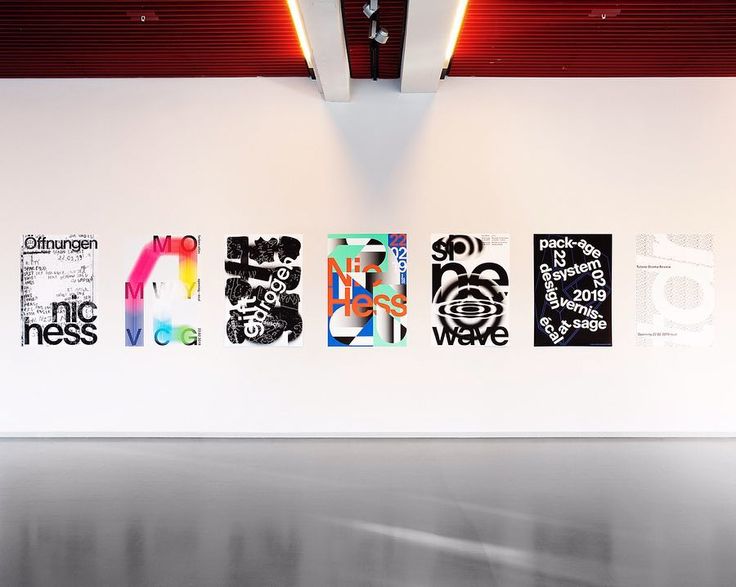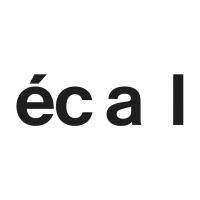Master of Advanced Studies in Design Research for Digital Innovation, EPFL & HES-SO
Designers play a vital role in innovation. They turn emerging technologies into something that makes sense to the user and becomes part of everyday life. They also provide answers to the challenges raised by such advanced technology. They devise new usage scenarios, explore innovative forms of expression and ensure that novel ideas fit in with the users’ social and cultural environment. This challenge requires that the designer be able to conduct research within interdisciplinary teams, in partnership with scientific laboratories, companies and users.
Since 2014, the ECAL/University of Art and Design Lausanne and the EPFL/Ecole polytechnique fédérale de Lausanne have offered the opportunity to train for such challenges through the Master of Advanced Studies in Design Research for Digital Innovation. Only 3–5 candidates are admitted each year for this two-year course. Admission is linked to obtaining a paid assistant position at the EPFL+ECAL Lab, the unit which acts as a bridge across the two institutions. The curriculum includes advanced courses combining theory and practical projects in such areas as augmented reality, digital information and architecture, disruptive innovation and analysis of user experience. More importantly, it allows developing a major research project called upon to become an actual application.
Candidates have the benefit of the EPFL+ECAL Lab technical platform, as well as of support from the teams of experts located in the ECAL building. They are registered as EPFL students, giving them access to the infrastructure of a campus with more than 300 laboratories.
Intakes
- Jan
- Feb
- Sep
Application Processing Time in Days: 30
Minimum English Language Requirements
| English Level Description | IELTS (1.0 -9.0) | TOEFL IBT (0-120) | TOEFL CBT (0-300) | PTE (10-90) | |
|---|---|---|---|---|---|
| Expert | 9 | 120 | 297-300 | 86-90 | |
| Very Good | 8.5 | 115-119 | 280-293 | 83-86 | |
| Very Good | 8 | 110-114 | 270-280 | 79-83 | |
| Good | 7.5 | 102-109 | 253-267 | 73-79 | |
| Good | 7 | 94-101 | 240-253 | 65-73 | |
| Competent | 6.5 | 79-93 | 213-233 | 58-65 | |
| Competent | 6 | 60-78 | 170-210 | 50-58 | |
| Modest | 5.5 | 46-59 | 133-210 | 43-50 | |
| Modest | 5 | 35-45 | 107-133 | 36-43 | |
| Limited | 4 | 32-34 | 97-103 | 30-36 | |
| Extremely Limited | < 4 | < 31 | < 93 | < 30 |
Job Opportunity Potential
We are committed to fostering an inclusive and respectful learning and working environment for our students and staff members, regardless of their sex, gender, sexual orientation, nationality, ethnicity, age or any other characteristics that rightly or wrongly place individuals in a social group.
As an art university, we encourage our students to look at cultural products and messages in the public space with a critical and (self-)reflective attitude. We aim to spread values of respect toward other people and other cultures. We are therefore committed to tackling stereotypes that can lead to discriminatory behavior.
As an educational institution, the well-being of our students is our main priority. They need an environment that supports their education as well as their cultural and social development. We create this supportive environment by providing students with materials (infrastructure, technology, resources) and psychological support. This helps them to acquire the knowledge and skills they need to succeed in their studies and in a professional capacity. We provide a safe space – from both a physical and psychological perspective – where our students can learn, develop their skills, realize their unique potential and express themselves freely. More specifically, in the field of art and creation, we encourage our teaching staff and students to explore and critically reflect on all artistic forms and practices with an open mind. We provide every individual with a space to develop their* own creative style.
We are conscious of our duty to not only provide courses that prepare students for the world of employment, but to also ensure that they leave our university with an open mind toward other cultures, a respect for others, an interest in collaborating internationally and a sense of social responsibility, all of which are important values to have in the current challenging sociopolitical and environmental context.
As an employer, we guarantee our permanent and temporary staff members a workplace that is free from discrimination. We protect every individual in accordance with legal and regulatory provisions.
We therefore condemn all forms of discrimination, whether it is against an individual’s sex, gender identity, sexual orientation, ethnicity, nationality, age, disability or any other characteristic. We value the contributions from all members of our community as we aim to continuously improve our practices, to incorporate these practices into our daily lives and to achieve the challenging goal of true inclusion.
* The singular use of “their” here signifies that these principles apply to everybody, regardless of their gender identity. For example, they may identify as a cisgender man or woman, a transgender man or woman, or as agender or gender fluid. This grammatical form may not be used in other ECAL texts, but inclusion remains a fundamental principle in practice, nonetheless.
PSW Opportunity
There is absolutely no PSW but the Universities and institutions does encourage and provide opportunities for the students can go for internships
Admission Requirement / Eligibility Criteria
Admission to a Bachelor is done through a competitive examination, which assesses the artistic and creative abilities of the candidates.
Amongst those who are eligible to apply, it is possible that some candidates feel that their artistic and creative abilities are still insufficient. In this case, the ECAL recommends that they apply to the Foundation Year entrance exam.
Necessary qualifications
Maturity certificate or Professional Maturity certificate (vocational diploma) or certificate from a recognised three-year school of general education (ECG), each to be accompanied by a General Federal Certificate of Vocational Education (CFC) in the field of desired studies (according to CFC list)
Maturity certificate plus at least one year attested vocational activity in the field of studies or a Foundation Year successfully completed at the ECAL (or another recognised higher-education establishment of art and design)
Professional Maturity certificate with a General Federal Certificate of Vocational Education (CFC) in a profession unrelated to the field of studies plus at least one year attested vocational activity in the field of studies or a Foundation Year successfully completed at the ECAL (or another recognised higher-education establishment of art and design)
Specialized Maturity certificate in art and design (MSAD)
Equivalent foreign certificate*
- Course Type: Full Time
- Course Level: Masters/PG Degree
- Duration: 01 Year
-
Total Tuition Fee:
21025 CHF
Annual Cost of Living: 15000 CHF
Application Fee: N/A
Similar Programs
- Master of Advanced Studies HES-SO in Design for Luxury and Craftsmanship at Cantonal School of Art of Lausanne (ECAL)
- Master of Arts HES-SO in Design, major in Type Design at Cantonal School of Art of Lausanne (ECAL)
- Master of Arts HES-SO in Design, major in Photography at Cantonal School of Art of Lausanne (ECAL)
- Master of Arts HES-SO in Film, major in Direction, Scenario, Editing, Sound or Production at Cantonal School of Art of Lausanne (ECAL)
- Master of Arts HES-SO in Fine Arts, major in EAE–European Art Ensemble at Cantonal School of Art of Lausanne (ECAL)

